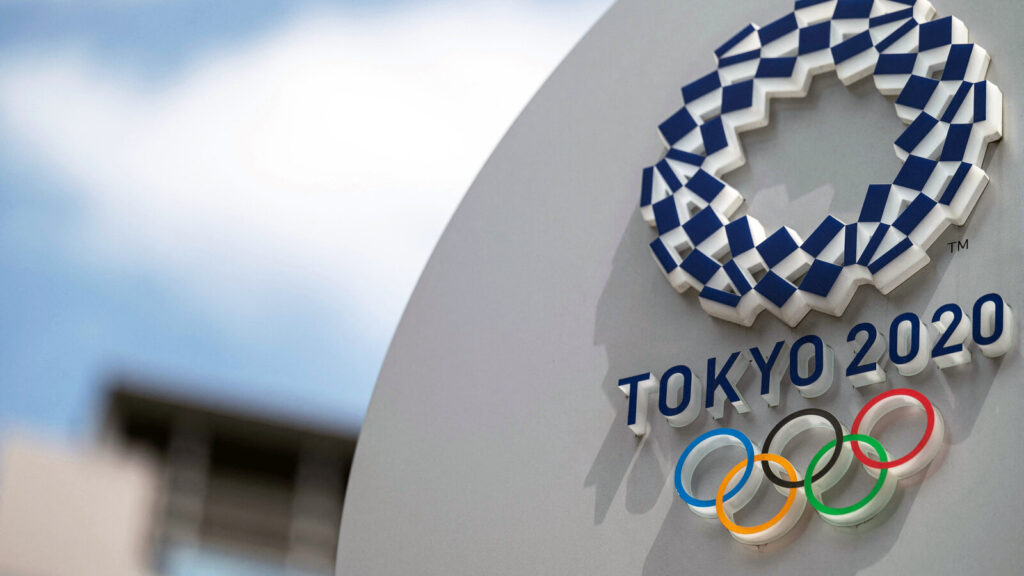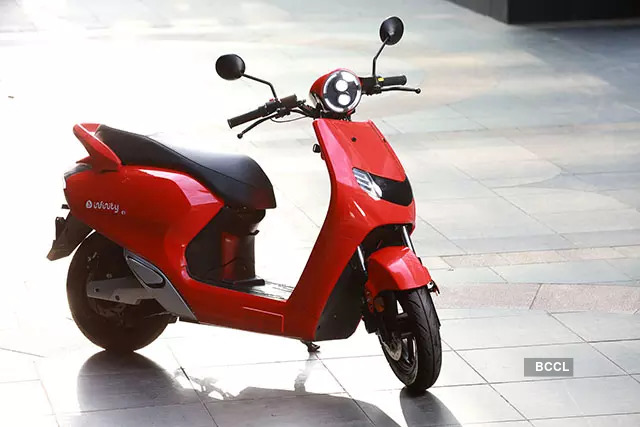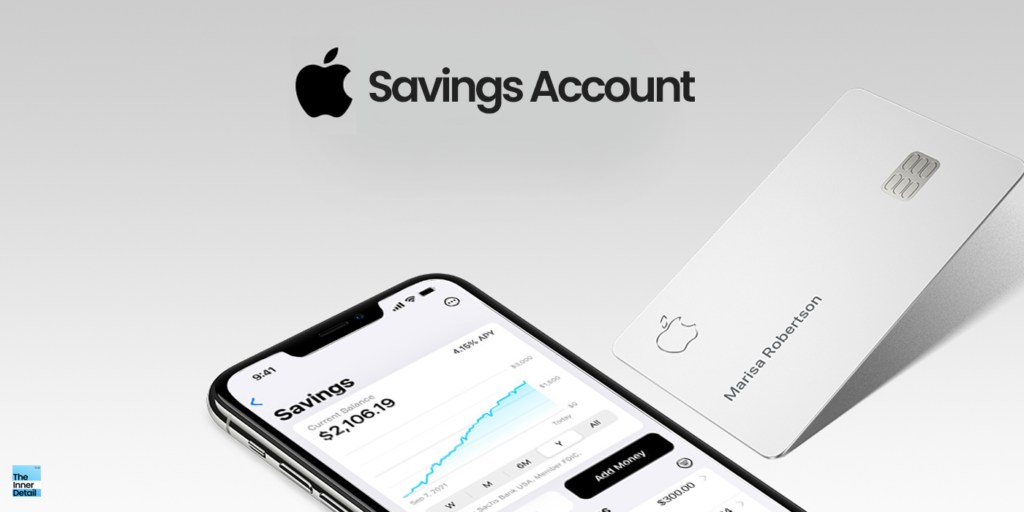Olympic Games, the leading international sporting events featuring summer and winter sports competitions letting thousands of athletes around the globe to participate in 35 different sports, is what the whole World contemplates after football and cricket. Modern Olympics, originating from Athens, Greece in 1896, happens every four years, in different locations each time, and rarely occurs again in a location, as it happened in London thrice (1908, 1948 & 2012).
Olympics has certain salient facts that’s spellbinding to acknowledge. Here is 10 of them.
Interesting Facts about Olympic Games
- Ancient Olympics that befell in 776 B.C in Olympia, Greece is the first ever Olympics happened in history. Now, you could guess, how it got the name ‘Olympics’. After then, the first modern Olympics happened in Athens (Greece) in 1896, since the ban of all pagan festivals in 4th century A.D. by Emperor Theodosius I.
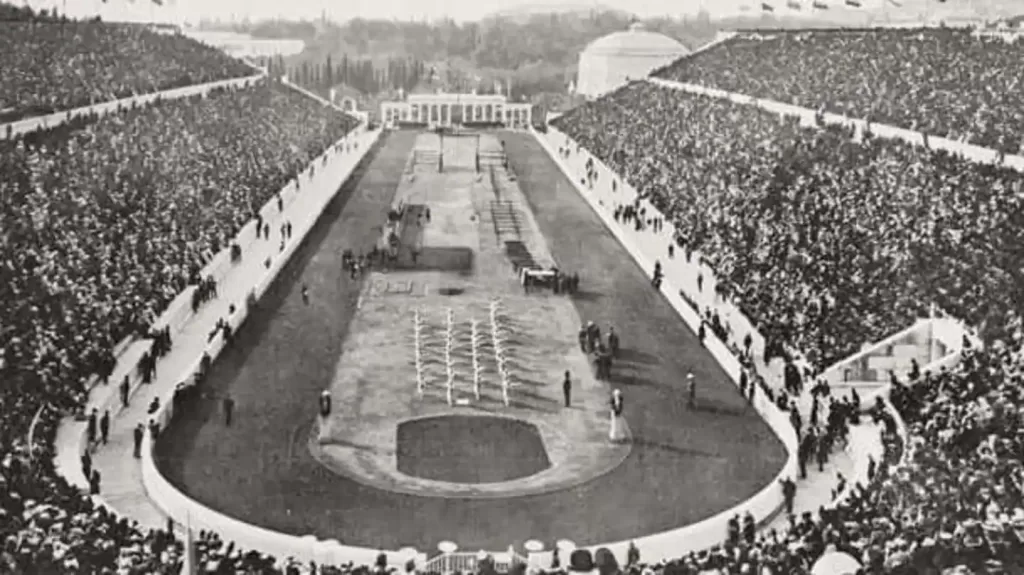
2. As gymnasium, originated from Greek’s ‘gymnos’ literally means ‘school for naked exercise’, athletes in the ancient Olympics competed naked.
3. Women’s Significance: Women were allowed to compete only after 1900 (second Modern Olympics). The 2012 Summer Olympics in London were the first in which all the competitors from the participating countries were female.

4. The six colors (blue, yellow, black, green, red & white) decorating the 5-ring Olympic symbol are chosen so, since all the countries in the world has atleast one of the colors in its flag.
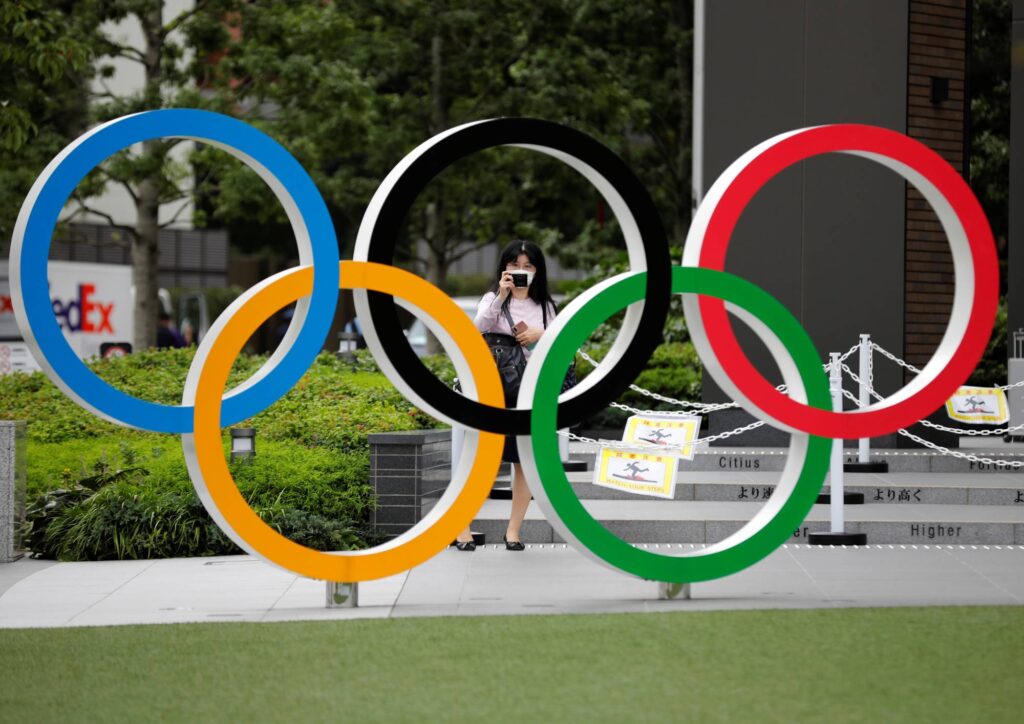
5. The Golden medals for the winners are not gold, but silver. Yeah, you heard it right. Gold medals of Olympics is actually a silver medal, having just 6 grams of gold.
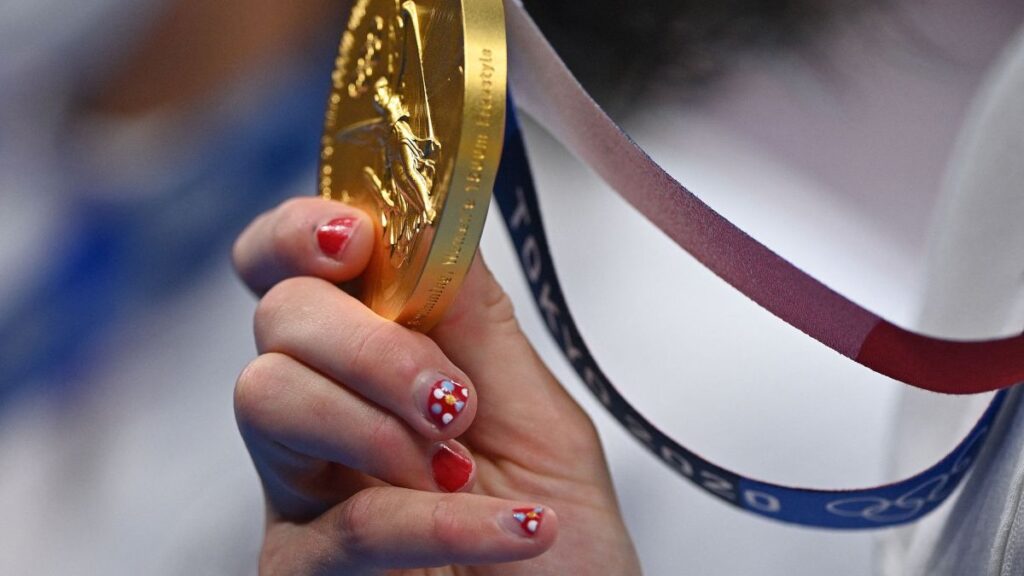
6. Medals that will grace the necks of 5,000 winners in Tokyo Olympics 2020 are made of 78,985 tons of recycled e-wastes under an initiative ‘Tokyo 2020 Medal project’, a haul which included 6.21 million used mobile phones, along with digital cameras, game gadgets and laptops. The medal has been molded entirely from metal extracted from recycled consumer electronics, aiming for environmentally friendly and sustainable games.
7. Besides its material worth, a medal has a higher worth, if sold in auction. A winner’s medal from 1896 Athens Olympics sold for $180,000 (₹1.34 Crores) at auction, could be taken for instance.
Latest Posts
- What is Gemma 3n AI? How Can you use it with No Internet?
- How to Create Custom GPTs in ChatGPT in just 4 steps?
- 5 Best AI Tools for making Presentations in seconds
- Google’s New AI Tool “Stitch” revolutionizes UI-Design – Check how!
- 5 New AI Features in Windows 11 that’re very useful
8. Medals of Friendship: Back at the 1936 Berlin Olympics, Japanese athletes Shuhei Nishida and Sueo Oe, whom were tied for second place, were asked to compete in a tie-breaker. However, they refused and decided to share the medals; they cut the medals, silver & bronze, in half and fused one half of the silver with that of the bronze.
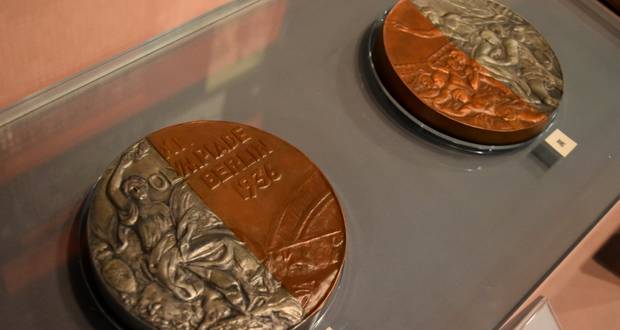
9. The International Olympic Committee (IOC) has been distributing condoms to the participants of the Olympics since 1988 Seoul Olympics after the AIDS epidemic. In Tokyo Olympics 2020, 16,000 condoms were ordered, but COVID-19 warnings had compelled the players to not use them – at least not while being inside the Olympic bubble.
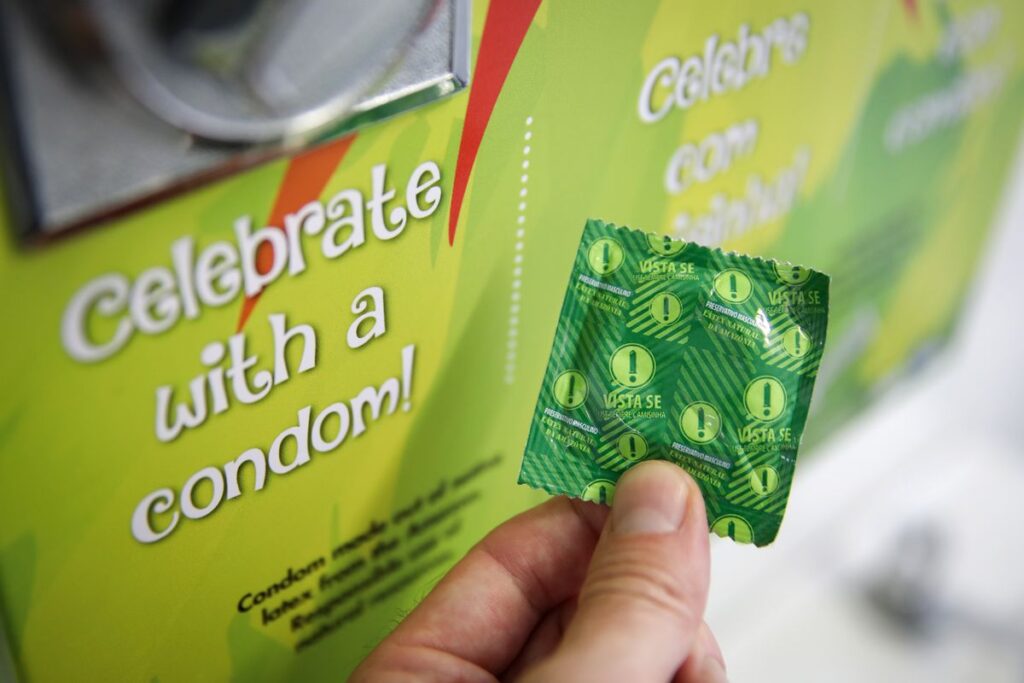
10. The budget of the Tokyo Olympics 2020 has gone up to $15.4 billion (₹1,14,326 Crores), the highest in the history of Olympics, due to pandemic concerns.
